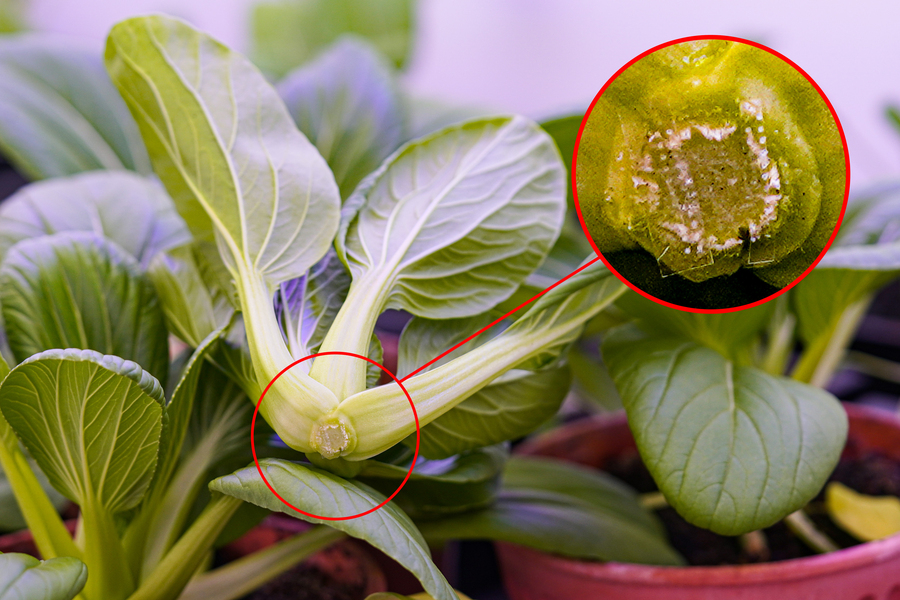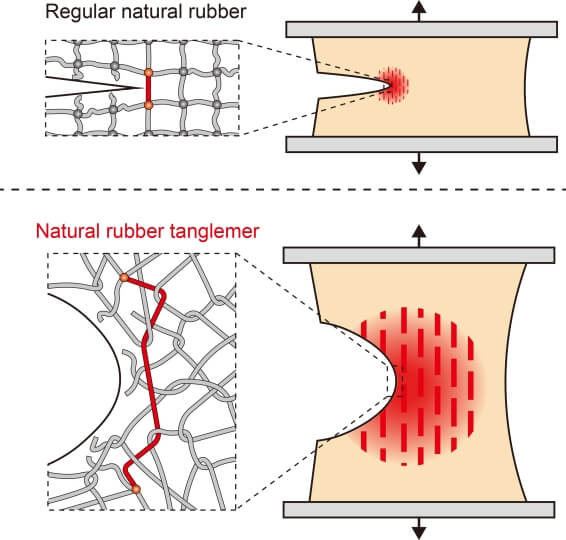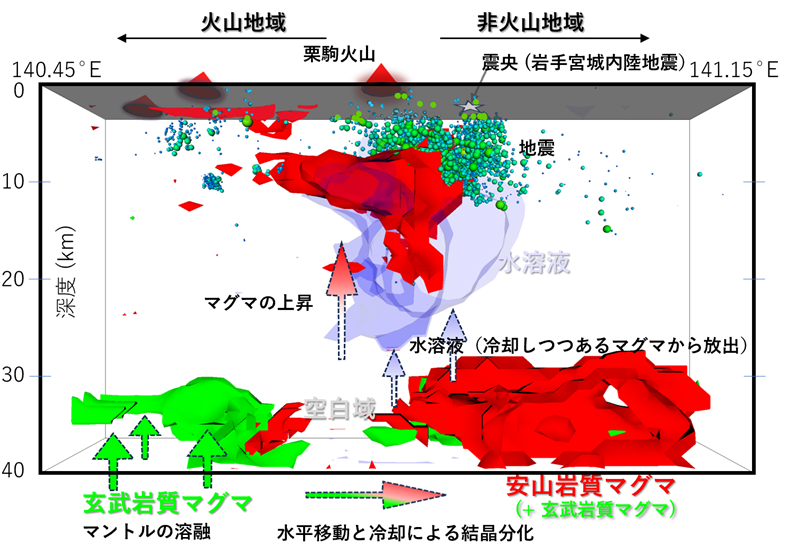2025-05-21 マサチューセッツ工科大学(MIT)

The researchers applied small patches of the melatonin-filled microneedles to the bottom of pak choy plants by hand. A patch is seen in the inset. Credits:Image: Dr. Yangyang Han; MIT News
<関連情報>
- https://news.mit.edu/2025/new-technology-extends-produce-shelf-life-0521
- https://pubs.acs.org/doi/10.1021/acs.nanolett.5c00487
- https://tiisys.com/blog/2025/05/01/post-166338/
ポストハーベスト生理学を制御し、コールドチェーン外での保存期間を延長するための植物体内におけるメラトニンの生理学的用量の正確な送達 Precise Delivery of Physiological Doses of Melatonin in Planta to Control Postharvest Physiology and Extend Shelf Life Outside the Cold Chain
Yangyang Han,Monika Jangir,Amanda Si Yi Ngoh,Chunhong Li,Sreelatha Sarangapani,Yunteng Cao,Yilin Zhang,Raju Cheerlavancha,Rajani Sarojam,and Benedetto Marelli
Nano Letters Published: May 21, 2025
DOI:https://doi.org/10.1021/acs.nanolett.5c00487
Abstract
Postharvest management of leafy vegetables requires refrigeration to control their rapid deterioration and loss, which accounts for ∼30% of total food waste. Here, silk microneedles with a length of 700 μm were used to deliver physiological doses of melatonin (approximately 22 μg) in the leafy vegetable Pak choy (Brassica rapa subsp. chinensis) and successfully extended the shelf life of the harvested crop by 4 and 10 days at room temperature (25 °C) and under refrigeration (4 °C), respectively, compared to nontreated control plants. The exogenous dose of melatonin did not alter the natural concentration of the hormone in the harvested plants. Transcriptome analysis showed that melatonin regulates senescence by modulating auxin synthesis, the antioxidant system, and chlorophyll degradation. Overall, silk microneedles can be used to precisely deliver in harvested products compounds that extend their shelf life outside the cold chain.



